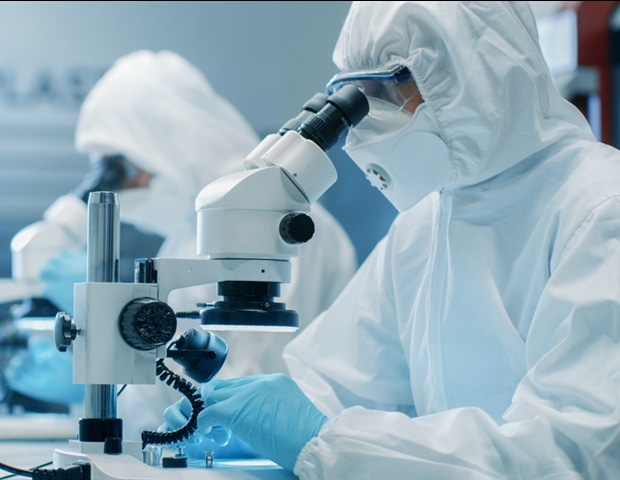Recent advances have shown that nanobodies derived from camelid antibodies are superior for the detection of food allergies due to their excellent stability, specificity and cost-effectiveness. This innovative approach aims to improve accuracy and efficiency, which are crucial to prevent severe allergic reactions. This study highlights the potential of nanobodies in reliable immunoassays to address the growing number of food allergies and enhance safety measures. Food allergies pose a significant health risk, affecting millions of people worldwide, with prevalence rates increasing over the past decades.
Traditional detection methods, such as monoclonal and polyclonal antibodies, are often costly, labor-intensive, and prone to cross-reactivity. The need for accurate, efficient, and cost-effective allergen detection methods is greater than ever. These challenges have led to increased interest in exploring new detection strategies. Based on these challenges, it is imperative to conduct thorough research to develop advanced detection technologies that can better protect public health.
Researchers from the Tianjin Key Laboratory of Food Science and Hygiene at Nankai University, China, have made great strides in this field. In their review published in Food Quality and Safety on March 28, 2024 (DOI: 10.1093/fqsafe/fyae018), they present the use of nanobodies for food allergy monitoring, which could revolutionize the way food allergies are detected and managed.
This study highlights the advantages of nanobodies over conventional antibodies in the detection of food allergies. Nanobodies derived from camelid heavy-chain antibodies are small, stable and highly specific, making them ideal for robust immunoassays. They minimize cross-reactivity and effectively detect allergens such as macadamia, peanut, lupin and milk proteins. An important aspect is their ability to target conformational epitopes, improving the accuracy of allergen detection, especially in complex food matrices. The study also demonstrates the versatility and efficiency of nanobodies in different detection methods such as enzyme-linked immunosorbent assays (ELISA) and electrochemical immunoassays, indicating their wide applicability.
“The development of nanobody-based immunoassays is a major advancement in food allergen detection. Nanobodies offer unparalleled stability and specificity, addressing a critical need for more accurate and efficient methods to protect sensitive populations from food allergens. This research paves the way for future innovations in food safety.”
Lead study author Dr. Wang Shuo, Tianjin Key Laboratory of Food Science and Health, Nankai University School of Medicine
The implications of this work are significant: Nanobody-based detection methods could revolutionize food allergen monitoring, providing a reliable and cost-effective solution to increase food safety and reduce allergy risks. Furthermore, this work opens new avenues for the development of therapeutic strategies and diagnostic tools, highlighting the versatility of nanobodies in biomedical applications.
sauce:
Journal References:
Wang Y et al. (2024) Nanobody-based food allergen monitoring: current status and prospects. Food Quality and Safety. doi.org/10.1093/fqsafe/fyae018


